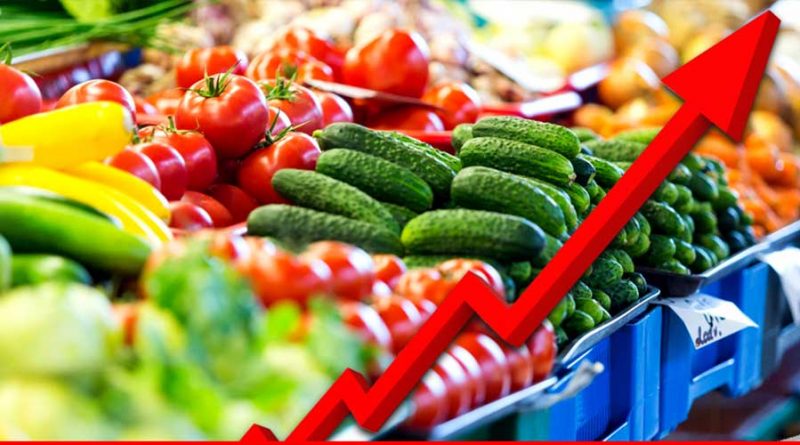Paragraph : Price Hike
Price Hike [350 Words]
Today price hike is a common phenomenon in our country. Price hike means the rise in the prices of the daily necessaries. Then the price of essential commodities increases by leaps and bounds.Price hike is caused by short supply of commodities and inflation. The price hike that results from short supply of commodities, is purely temporary. The prices come down if and when their supply is enhanced. But the price hike caused by inflation, cannot be controlled by easy efforts. A group of greedy businessmen are mainly responsible for this unwanted situation. these businessmen hoard essential commodities with the aim to gain more profit at the cost of unbounded suffering of the general masses. Whatever may be the cause, price hike causes a lot of hardship and sufferings to people. The fixed income group of people are severely affected by it, because they have to maintain their families with their low and fixed income. It is very difficult for them to meet the excessive load. Usually, they have to buy less or inferior quality items. They find it difficult to make their both ends meet. They have to go without many things that are necessary to lead a normal life. The poorer sections of the people are the worst sufferer. Price hike leads to the widespread corruption and moral degradation. If price rise continues at this prevailing degree, the people of our country may face starvation on a larger scale. Necessary actions and proper measures should be taken to control price hike. Hoarding should be controlled. Smuggling and black- marketing are to be eradicated. Adequate supply of essential commodities is to be ensured. No individual, community, organization not even the government is capable of solving the problem single-handed. Therefore, we all should come forward to do something so that the prices of our essential things can be kept under control.
Bengali Meaning
Price Hike [400 Words]
Price hike has become one of the most pressing problems in Bangladesh in recent years. The prices of daily necessities such as rice, lentils, oil, vegetables, fish, meat, and transportation have increased sharply, affecting people from all walks of life, especially the poor and middle-class families. Many households now struggle to meet their basic needs as their incomes have not increased in proportion to the rising cost of living. The reasons behind this problem are both internal and external. Domestically, poor agricultural production due to floods, droughts, or cyclones reduces the supply of food items. The increasing cost of fuel, electricity, and transportation also adds to the overall price level. On the other hand, the global rise in oil and commodity prices, the depreciation of the Bangladeshi taka against the US dollar, and disruptions in international trade further worsen the situation. Corruption, hoarding, and black marketing by dishonest traders make things even worse, as they create artificial shortages in the market to increase profits. The effects of price hike are serious and far-reaching. Low-income people, day laborers, and small service holders suffer the most because their limited income cannot keep pace with the rising prices. Many are forced to reduce food consumption, compromise on nutrition, or borrow money to survive. This leads to malnutrition, poor health, and social unrest. Students from poor families often drop out of school as parents struggle to afford educational expenses. Inflation also weakens the economy by reducing people’s purchasing power and increasing inequality between the rich and the poor. To control the price hike, the government should take strong and effective measures. It should monitor the market regularly, punish dishonest traders, and ensure a steady supply of essential goods. Encouraging local production, reducing import dependency, and improving transportation and storage facilities can also help stabilize prices. In addition, subsidies for the poor and fair price shops can provide some relief to low-income groups. People should also act responsibly and avoid panic buying. In conclusion, price hike is a serious economic and social issue in Bangladesh that affects everyone, directly or indirectly. Only through honest governance, strict market monitoring, and joint efforts from the government and citizens can this problem be reduced and people’s living standards improved.

